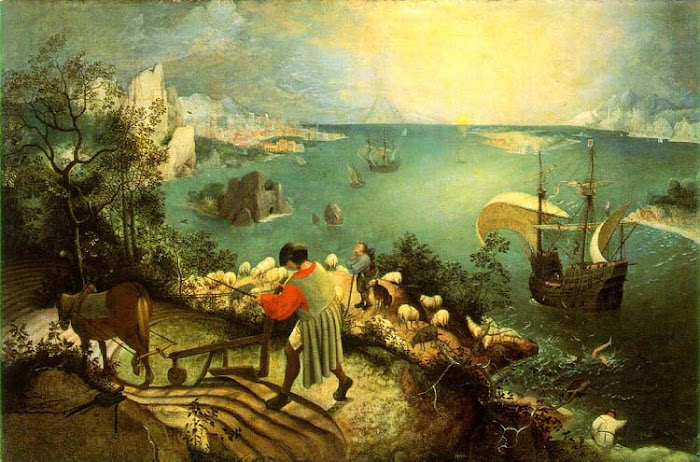
Known primarily as a regional writer, Sarah Orne Jewett spent most of her life on the rugged Maine coast that is the setting for much of her work. She was born in South Berwick, Maine, on September 3 1849, one of three daughters of an old and prosperous New England family. Both of her parents were readers, and they wanted their daughters to be well educated— somewhat uncommon in the nineteenth century. For a time, Jewett even considered becoming a physician like her father; however, poor health made it impossible for her to complete rigorous medical training. Instead, she turned to her talent for writing.
Jewett often accompanied her father on his rounds and loved to hear him talk about books and ideas. At age eighteen she published her first short story, a melodramatic tale of love. This early success led to what would be her true calling: writing honestly and simply about the richness and poignancy of the common folk of Maine. From the beginning, her focus was on lonely, misunderstood people, particularly women, and their relationships; her stories often have little in the way of exciting or dramatic plot and action but are nonetheless powerfully moving.
In 1878 Jewett’s father died, and Jewett was left without her dearest friend, whom she later described in the novel A Country Doctor (1884). Shortly after her father’s death she began an intimate and lifelong relationship with Annie Fields, the wife of publisher James T. Fields. Through the Fieldses, Jewett became acquainted with many of the most noted writers of the day, including Celia Thaxter, George Eliot, Henry James and Nathaniel Hawthorne. After James Fields’s death, Jewett and Annie became closer, forming what was known as a ‘‘Boston marriage;’’ they did not always share a home, but they were treated as a couple by their friends.
Jewett continued writing, attracting a larger audience as her stories appeared in the Atlantic Monthly and Harper’s magazines. ‘‘A White Heron,’’ rejected by the Atlantic Monthly as too sentimental, was published first in Jewett’s collection A White Heron and Other Stories. She wrote novels in addition to short stories but they were not as successful, with the exception of her greatest work, The Country of the Pointed Firs (1896), a series of sketches about the residents of a fictional coastal village. This novel solidified her reputation as one of the century’s greatest regional writers.
Jewett gave up writing after a 1902 carriage accident left her in disabling pain. She had published more than 150 stories and four novels. She devoted her remaining years to Annie Fields and other friends, including the young writer Willa Cather. Cather credited Jewett with influencing her to write about her home, Nebraska. Cather’s first Nebraska novel, O Pioneers! (1913), was dedicated to Jewett, who had died in South Berwick on June 24, 1909.


No comments:
Post a Comment